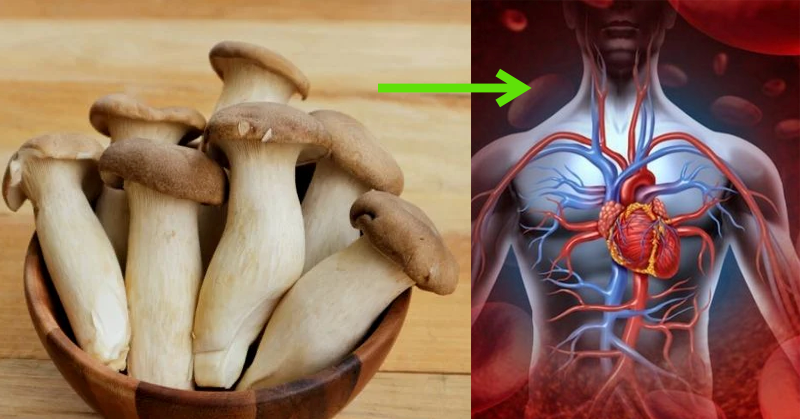If you’re dealing with headaches, dizziness, difficulties in walking, or a loss of balance due to vestibular disorders, know that you’re not alone. These symptoms can make day-to-day activities challenging, leaving you feeling exhausted and weak. But there’s good news. Alongside medical treatments, certain dietary choices can help you manage and alleviate these symptoms effectively.
These foods help reverse the symptoms of vestibular disorders safely and effectively.
In particular, integrating certain vegetables into your diet can play a significant role in reducing these troublesome symptoms. Let’s explore seven vegetables that are not only nutritious but also beneficial in enhancing blood circulation to the brain and treating symptoms like headaches and dizziness.
1. Mushrooms
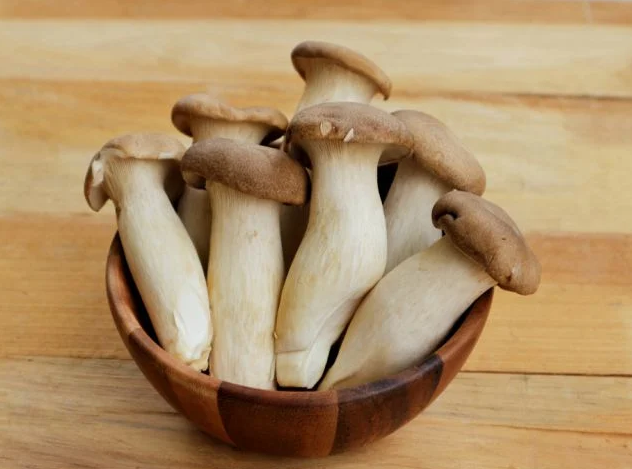
Mushrooms are rich in vitamins B2, B3, and B5, making them particularly beneficial for those with vestibular disorders. Their regular consumption can aid in reducing stress and tension. Moreover, mushrooms are a source of choline, which can help improve memory and regulate sleep patterns. Additionally, they contain vitamin C, potassium, and fiber, which can support blood pressure regulation, reduce cholesterol levels, and prevent cardiovascular diseases.
2. Tomato

Tomatoes are abundant in vitamins A and C, essential for enhancing vision and preventing conditions like night blindness and macular degeneration. They are also beneficial for people with anemia, can help lower blood sugar, and aid in blood pressure management.
3. Spinach
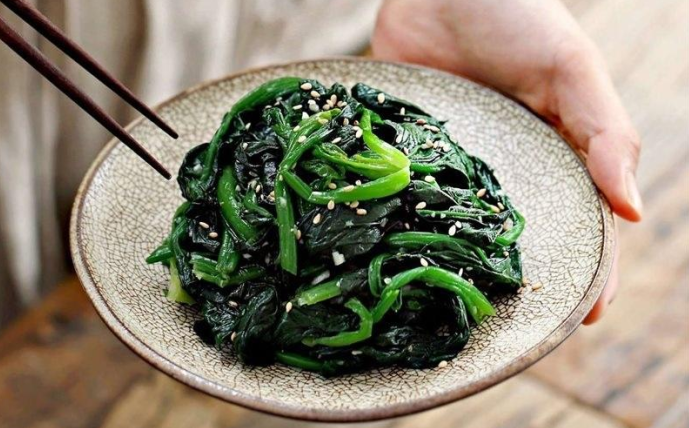
Spinach is a powerhouse of magnesium, which is crucial for the development of the nervous system and muscles. It helps alleviate headaches and dizziness. This leafy green is also high in iron, vitamins A and C, enhancing the body’s resistance. It provides a wealth of vitamins E, K, calcium, and carotenoids, combating oxidation and the damaging effects of free radicals.
4. Broccoli
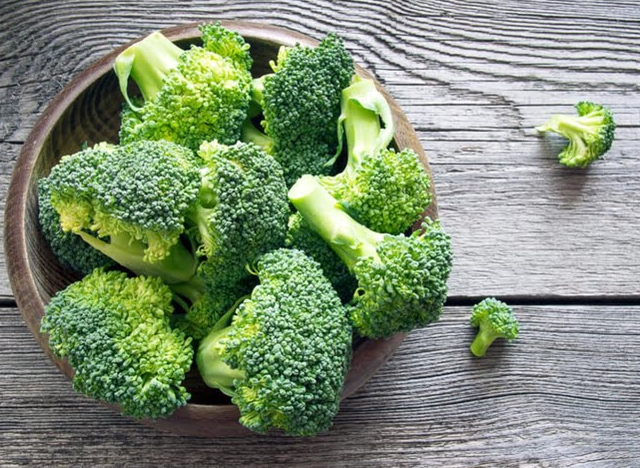
Broccoli is a rich source of antioxidants, vitamin A, beta-carotene, and notably, vitamin K, which has a pivotal role in blood circulation throughout the body. It helps reduce the risk of heart attacks, stroke, and improves blood pressure.
5. Potato

Potatoes are particularly high in vitamins A and C. They can help individuals with vestibular disorders by reducing stress, dilating blood vessels for better brain function, and contain kukoamine, which assists in reducing dizziness and balance issues.
6. Soy bean
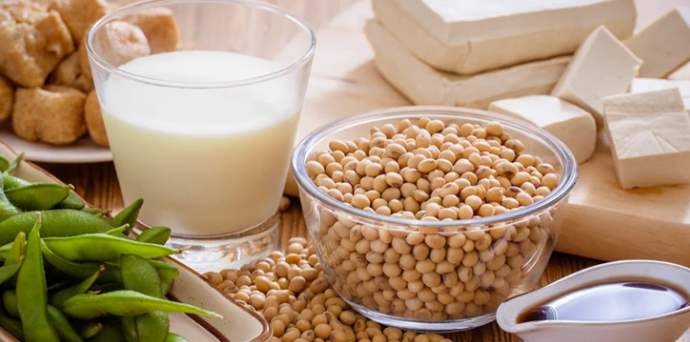
Soybeans are notable for their content of vitamin K, which protects nerves and combats senile dementia. They also contain omega-3 fatty acids, reducing cardiovascular disease risks and symptoms of dizziness, often associated with vestibular disorders.
7. Citrus fruit

Citrus fruits are rich in vitamin C, which not only strengthens the immune system and benefits heart health but also enhances blood circulation. Consequently, they can mitigate symptoms such as headaches and dizziness associated with vestibular disorders.
Avoid foods that are high in alcohol, chocolate, coffee, and processed meats, as they contain chemicals like tyramine, nitrate, histamine, and phenylethylamine, which can exacerbate symptoms of vestibular disorders.
